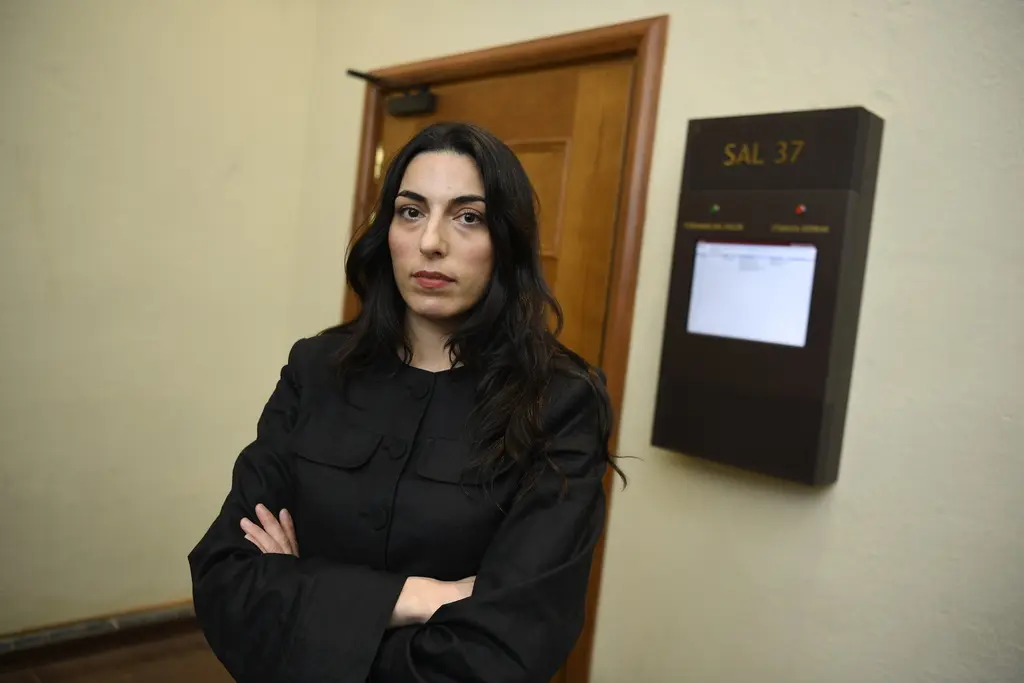It is difficult to find sufficient evidence for suspected war crimes abroad. This is highlighted by experts since a former Syrian brigadier general was acquitted by the Stockholm District Court.
A defected Syrian brigadier general, who was prosecuted for aiding and abetting war crimes in Syria, has been acquitted by the Stockholm District Court. According to the court, there is a lack of evidence that clarifies the man's involvement, among other things, in arming the division.
My first thought is that the verdict is a disappointment for the victims and thousands of others who are affected, says Aida Samani, senior lawyer at Civil Rights Defenders.
However, it is likely that the verdict will be appealed, according to Samani.
"Not surprised"
The District Court believes that it is a problem that much of the evidence has been indirect and therefore not robust enough.
These are difficult crimes to investigate and prove, so I am not that surprised by the acquittal, says Aida Samani.
Jann Kleffner, professor of international law at the Swedish Defence University, is on the same track.
We are talking about crimes that have been committed outside Sweden's borders. You do not have the same access to the crime scene, victims, and witnesses, he says.
The 65-year-old man is the highest-ranking military officer to be tried in a European court for war crimes in Syria. He was accused of contributing to the warfare that the Syrian army waged against the cities of Homs and Hama in 2012.
The requirement is quite high when it comes to criminal liability, and in this case, the evidence has not been sufficient, says Kleffner.
Evidence decisive
In 2014, Swedish legislation was changed and now also includes the same criminal liability principles as in international humanitarian law. Whether the outcome would have been different if the law had applied in 2012 is difficult to speculate, according to Kleffner.
Can today's outcome affect similar cases in the future?
It will not affect, since it is dependent on the evidence, says Kleffner.
If the evidence is the same in the future, it will be an acquittal. If you get sufficient evidence in the future, it is possible to convict.






